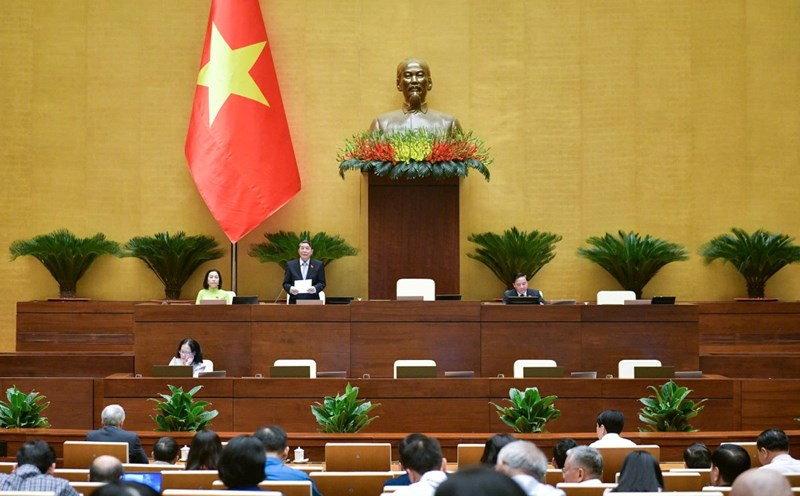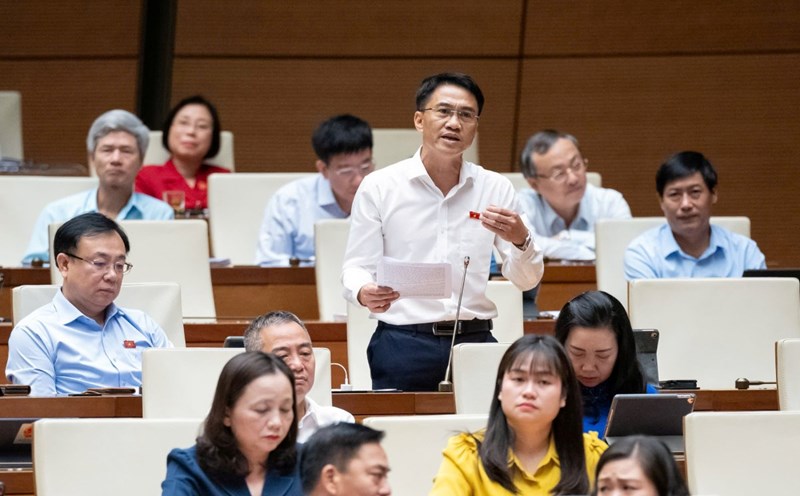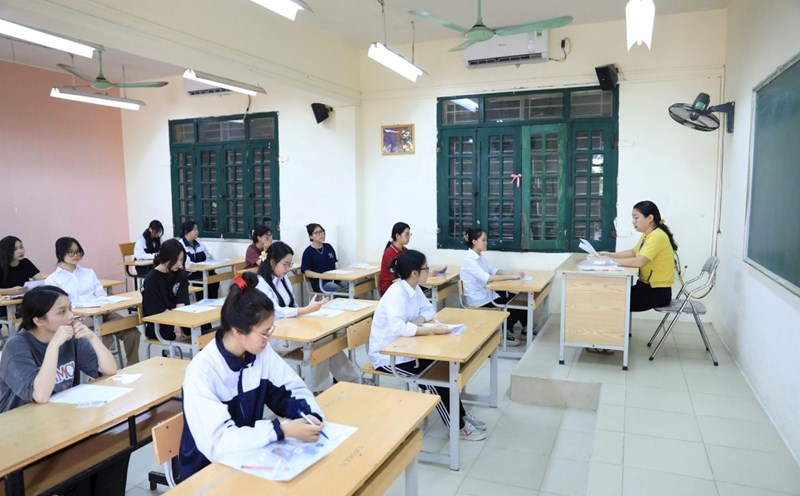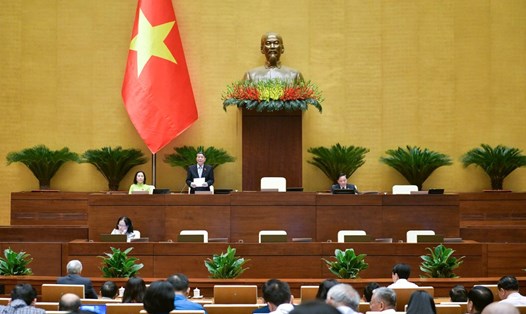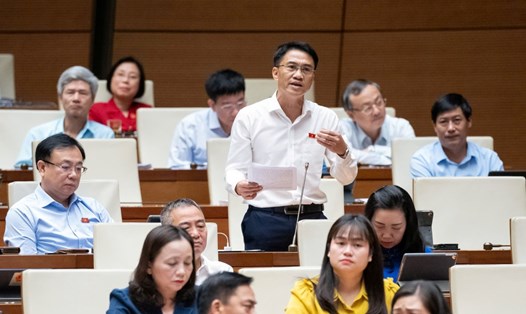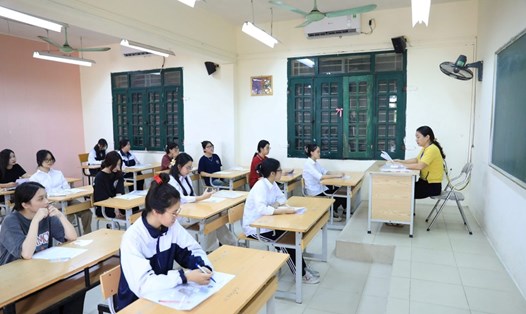On the morning of November 23, continuing the 8th Session, Deputy Prime Minister Le Thanh Long, authorized by the Prime Minister, presented a report on the draft Law on Management and Investment of State Capital in Enterprises (amended).
The Deputy Prime Minister emphasized that the draft Law closely followed the purpose, guiding viewpoints and specified the content of policy groups when proposing to develop the draft law.
In particular, the Government specifically regulates the authority over human resources, business strategy, annual business plans and profit distribution according to the authority of capital investors in enterprises.
In principle, the order of distribution of after-tax profits, the Government proposes to allocate no more than 50% to the Development Investment Fund for enterprises, the management and use of the Development Investment Fund for enterprises shall be implemented according to the Government's regulations. The remaining amount after use, allocation of funds according to regulations, enterprises shall pay to the state budget.
According to this plan, the estimated amount paid to the state budget from profits and dividends will decrease by about VND 19,847 billion/year, and enterprises will be allowed to use this source according to Government regulations.
According to the 2021 state budget revenue settlement approved by the National Assembly, the total budget payment from dividends, profits, and after-tax profits of enterprises is 69,463 billion VND.
Regarding the mechanism for paying salaries and bonuses to employees at enterprises, people appointed, introduced, and hired directly to work at enterprises by the capital owner's representative agency, when proposing to build a law, it is necessary to determine and supplement this payment content in accordance with the spirit of Resolution No. 27-NQ/TW.
Incorporating comments, the draft law does not stipulate the content and mechanism of salary payment at enterprises; using after-tax profits to pay salaries and bonuses to people assigned by the owner's representative agency to work at the enterprise, this expense is paid by the enterprise and accounted for in the enterprise's expenses.
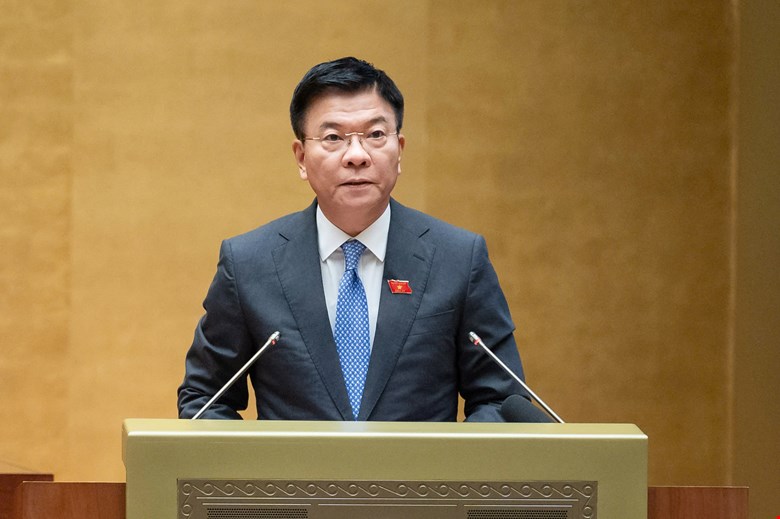
According to the Government's submission, the state capital invested in an enterprise is determined according to the capital level invested in the enterprise by the capital ownership representative agency and the enterprise has recorded sufficient capital corresponding to the capital contribution ratio in the company charter and the enterprise registration certificate according to the provisions of law.
State capital invested in enterprises includes: Sources from the state budget according to the law on state budget and other sources; Development Investment Fund at enterprises; profits and dividends distributed in shares according to the decision of competent authorities; surplus value of shares.
Regarding supervision, inspection, examination, assessment and reporting on the management and investment of state capital in enterprises, clearly identify each implementing entity such as: supreme supervision of the National Assembly, supervision and examination of the capital owner's representative agency, examination and inspection of the Government, and internal supervision and examination of enterprises.
The assessment is conducted for enterprises with 100% state capital investment and the representative of the capital owner and the Controller are appointed, introduced, or hired by the agency representing the capital owner.
The assessment results are the basis for giving opinions on the establishment and disbursement of reward and welfare funds and adjusting the tasks and classification of capital owner representatives and controllers nominated, introduced, hired, appointed and reappointed by the capital owner representative agency.
The capital owner representative agency shall review, approve, and synthesize the report for the Ministry of Finance to review and synthesize and submit to the Government to report to the National Assembly at the year-end session.

